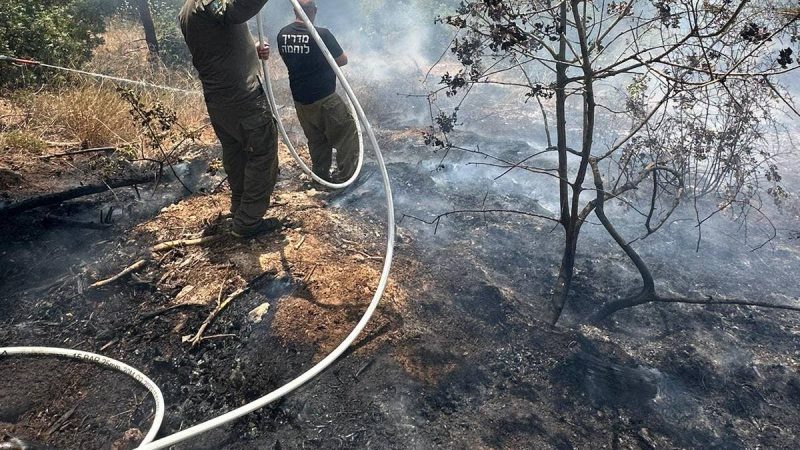In recent days, amidst repeated promises from the Biden administration that a cease-fire is imminent, the war in the Middle East continues to escalate, causing deep concern and outrage worldwide.
The conflict, centered mainly in the Gaza Strip and Israel, has sent shockwaves throughout the region, as civilians suffer the devastating consequences of violence and destruction. What began as tensions over a long-standing land dispute has now transformed into a full-blown military confrontation, leaving both sides entrenched in a cycle of retaliation and bloodshed.
As world leaders scramble to mediate a truce, the human cost of the conflict continues to mount. The toll on innocent lives, including women and children, is harrowing, with reports of civilian casualties and widespread displacement emerging daily. The destruction of critical infrastructure, such as hospitals, schools, and residential buildings, further compounds the humanitarian crisis, leaving communities shattered and without essential services.
Against this backdrop of chaos and despair, calls for peace and diplomacy grow louder. The international community, including the United Nations and various humanitarian organizations, has condemned the violence and called for an immediate cessation of hostilities. The Biden administration, while expressing support for Israel’s right to self-defense, has also called for restraint and dialogue to prevent further escalation of the conflict.
However, the road to peace remains fraught with challenges and complexities. Deep-seated historical grievances, political ambitions, and security concerns on both sides continue to fuel the conflict, making it difficult to achieve a lasting solution. The absence of a meaningful peace process, compounded by the lack of trust and cooperation between the warring parties, threatens to prolong the suffering of millions of people caught in the crossfire.
As the situation in the Middle East deteriorates, the need for urgent action and solidarity is more pressing than ever. Beyond the immediate cessation of hostilities, a comprehensive and inclusive peace plan that addresses the root causes of the conflict is essential to prevent future outbreaks of violence. This must involve meaningful dialogue, mutual respect, and a genuine commitment to upholding the rights and dignity of all people in the region.
In the face of immense challenges and complexities, the quest for peace in the Middle East remains an arduous journey. The road ahead may be long and fraught with obstacles, but the alternative – continued violence, suffering, and despair – is simply untenable. As the world watches in horror, it is incumbent upon all stakeholders to work tirelessly towards a just and lasting peace that will bring an end to the cycle of violence and pave the way for a brighter and more hopeful future for all in the region.

